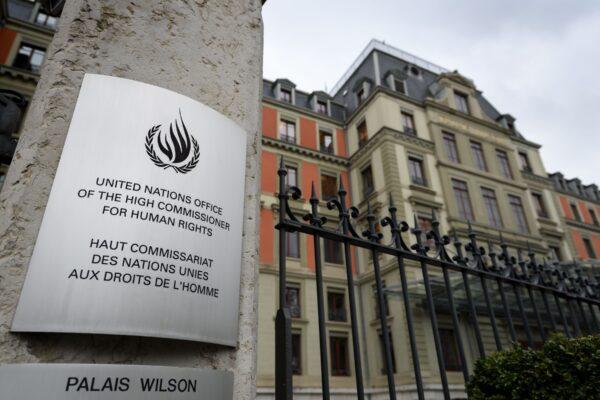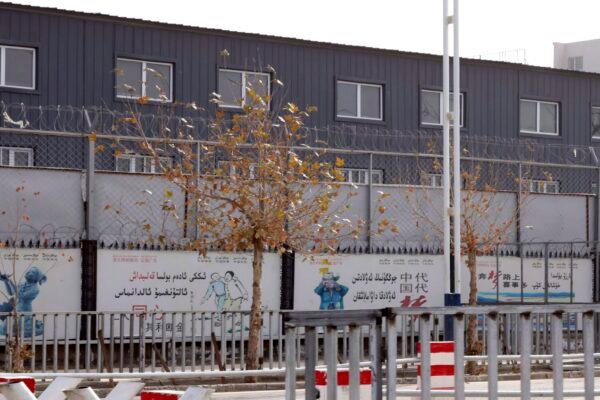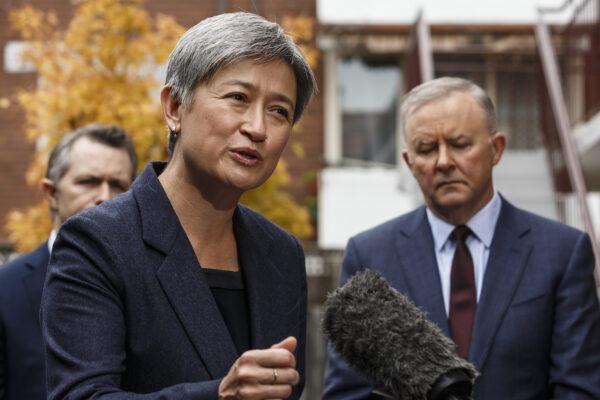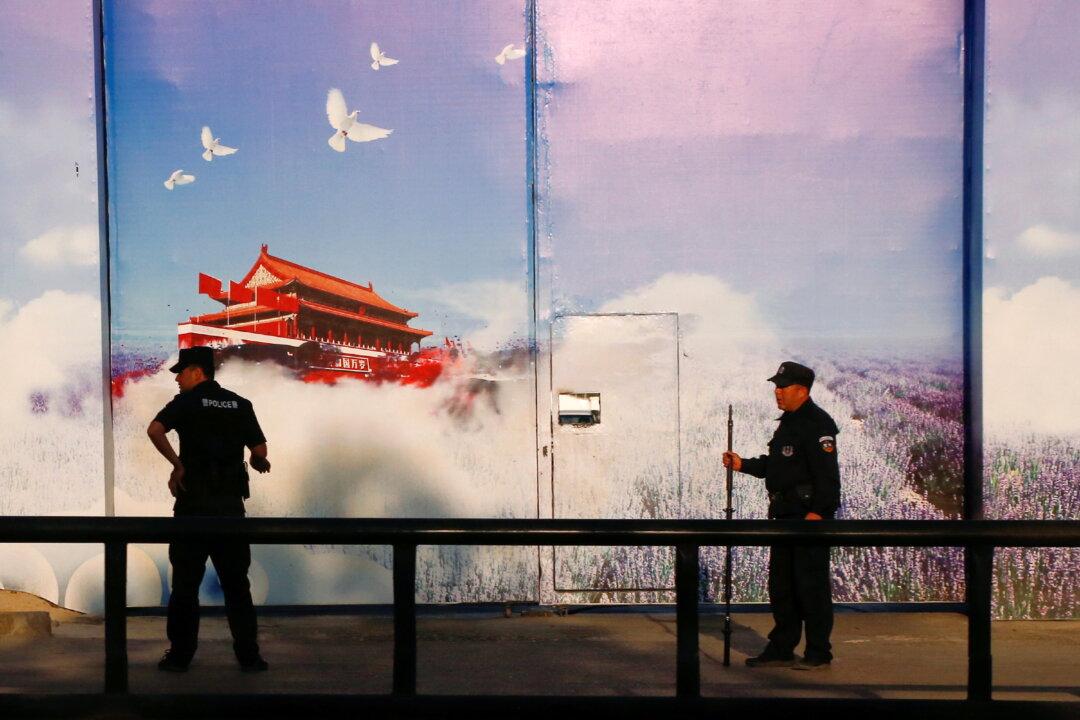An advocacy group is calling on the Australian government to sanction Chinese officials for human rights abuses in China’s Xinjiang region.
Human Rights Watch (HRW), an international nongovernmental organisation (NGO) that works to raise awareness of human rights abuses globally, published an article on Sept. 13 urging the Australian government to “take firm action” against the Chinese government. The organization suggested that the actions include “imposing targeted sanctions” and “introducing legislation to prevent the import of goods made with forced labor.”
For the first time, the office has uncovered serious human rights violations by the Chinese Communist Party (CCP), which it has concluded may amount to crimes against humanity.

The report recommends that countries, companies, and the international community should take action to end the CCP’s abuses and advance justice and accountability.
Richardson said, “The European Union, U.S., UK, and Canada have already taken these steps, and Australia should join these efforts to hold those responsible for these actions accountable and to stand with victims.”
The advocacy group also called on the Australian government to pass new legislation that could prohibit forced labor and include a designation in the new law for the Xinjiang region as a location where the risk of forced labor is very high. It said that based on this legislation, Australia could then introduce a presumption that imports made, in whole or in part, in Xinjiang would be associated in some form with “forced labor.”

They also suggested that the Australian Department of Foreign Affairs and Trade should provide clear guidance in some format to Australian businesses “about the risks of buying products from or investing in Xinjiang.”
Current Actions
Australia passed its “Magnitsky” legislation in December 2021. The legislation enables the government to sanction foreign officials who abuse human rights, engage in corrupt practices, or threaten Australia’s national security.“One of the things we said before the election that I’m very focused on, and partly because of my engagement with NGOs, is to improve the Modern Slavery Act,” Wong said.

“Because if we have a domestic framework which more strongly enforces a ban on products made from forced labour, I think that is one of the ways we can use supply chains to ensure we don’t promote, we don’t condone, and we don’t financially support forced labour.”
HRW also urged Australia to “lead efforts at the U.N. Human Rights Council’s upcoming session to establish an independent investigation into China’s abuses in Xinjiang, taking all measures necessary to advance accountability and provide Uyghurs and others the justice they are entitled.”
“The Australian government should turn words into action to help Uyghurs and other oppressed communities in Xinjiang,” Richardson said. “Australia should stand side by side with a growing global coalition of nations that will not allow Chinese government crimes against humanity to go unpunished.”




